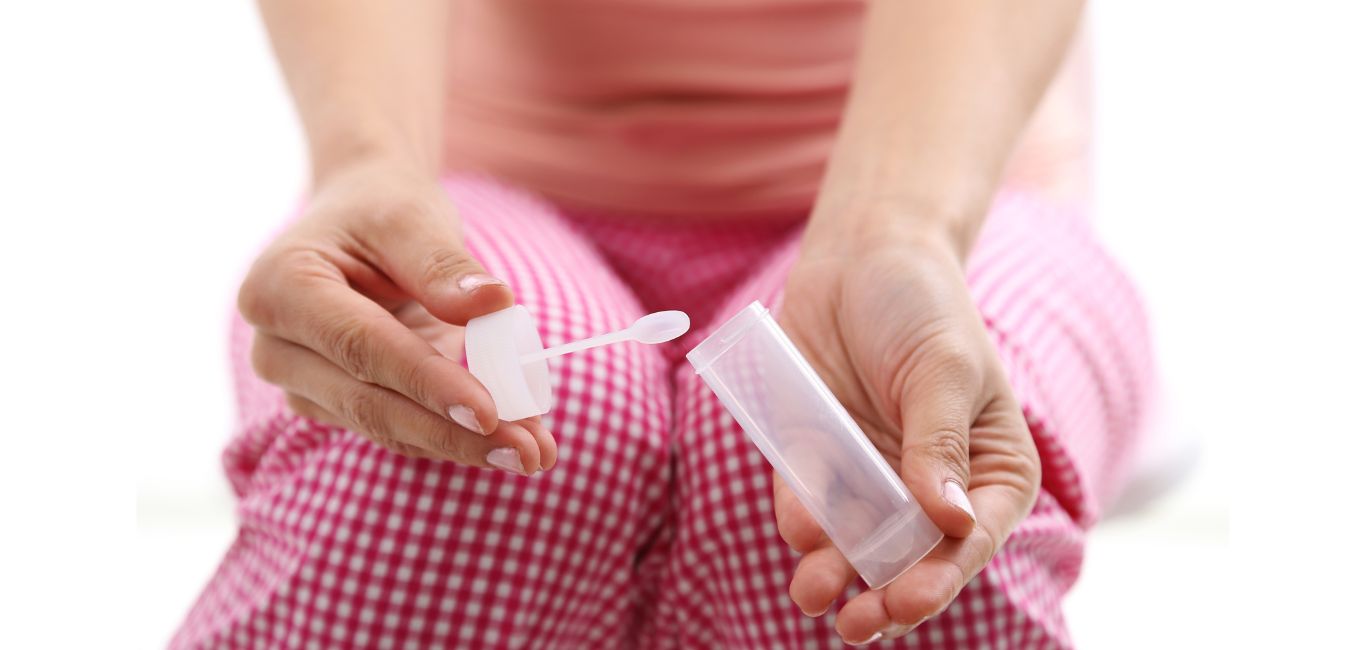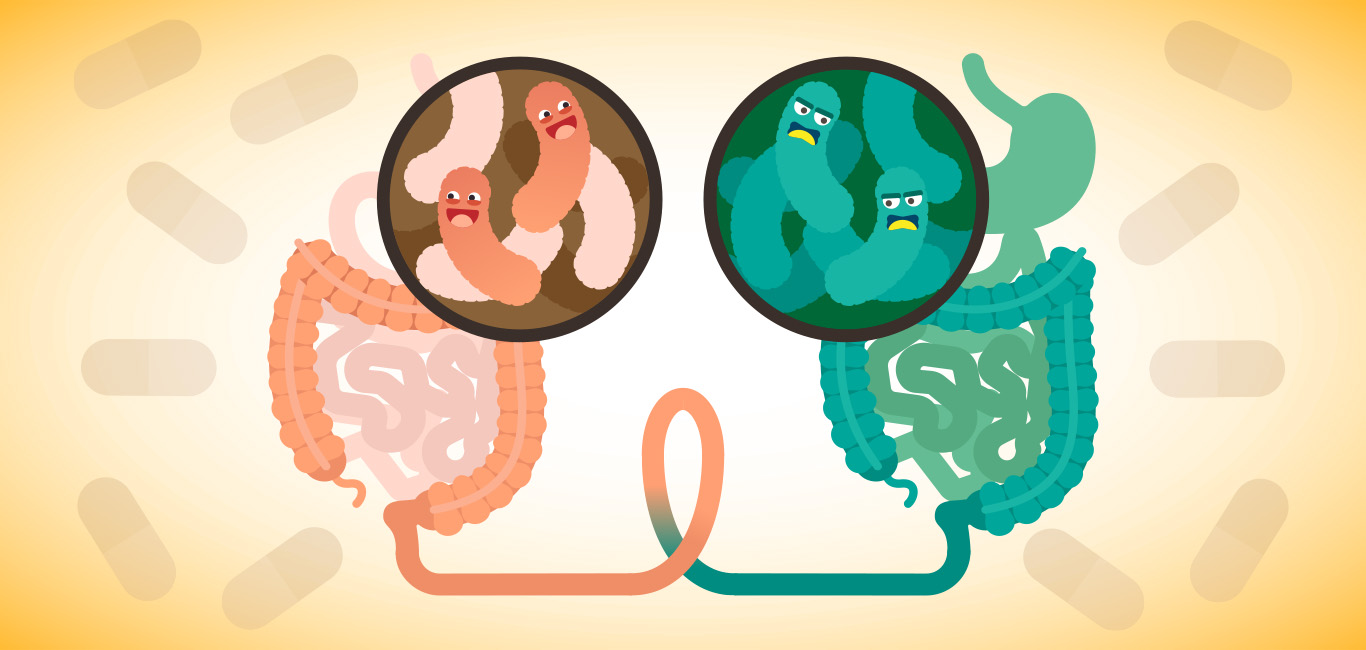
Despite decades of advances, our ability to quickly diagnose inflammatory bowel diseases (IBD) still leaves a lot to be desired. Given the similarity of symptoms with the much more common condition of irritable bowel syndrome (IBS), it is often months before someone is correctly diagnosed with IBD.
This not only causes inconvenience to those suffering from the condition – in which there is inflammation of tissue in the digestive tract – but also worsens surgical and treatment outcomes and increases the cost of treatment for individuals with the condition.
The most fool-proof way of diagnosing the condition remains an endoscopy, which is invasive and comes at the risk of causing bleeding and perforations for those suffering from the two most common types of IBD – ulcerative colitis and Crohn’s disease (CD).
Now, researchers from the University of Lille in France, may have identified a new diagnostic biomarker for IBD that can be obtained non-invasively from faecal matter. They studied the glycosylation profile of faecal mucins (a component of mucus) and found that these had specific features in individuals with active and quiescent CD, which were not present in healthy individuals or those with IBS.
Glycosylation is the process by which a carbohydrate (sugar molecule) is attached to other molecules, like proteins or lipids. Essentially, there is a change in the structure of the sugar molecule on the mucin, which physically protects the gut lining and lubricates it for easy passage of food.
“Mucin glycosylation is an essential feature that distinguishes active and inactive CD [individuals] from [those] with IBS or healthy control [individuals],” said Dr Sumeet Pandey, scientific investigator and GSK Fellow at GSK Immunology Network.
While large-scale trials are still needed to be conducted before the analysis of faecal mucins can be adopted as a diagnostic in clinical practice, the breakthrough has the potential to revolutionise the way intestinal diseases are diagnosed and monitored, providing individuals with a less invasive and more cost-effective option.
Dr Ruchi Jain, senior principal scientist at Piton Therapeutics, Inc., a company delivering therapeutics precisely targeting gut microbiota or microbial products in the gut lumen, adds that the exact mechanism behind the difference in mucin glycosylation between those with IBD and other groups is not clear yet.
“It is possible that different microbiome results in differential gene expression, which could control mucin glycosylation,” she said, adding that further research is needed to understand the underlying mechanism and develop reliable diagnostic tools.
Mucin sugars and Crohn’s
Studies have found that those with CD have different mucin sugar patterns compared to healthy people. The latest research hopes that doctors will be able to classify individuals with the condition and personalise treatment strategies by studying these sugar patterns.
Furthermore, finding ways to improve the mucin layer in the gut could help alleviate CD symptoms. This could potentially be achieved through dietary supplements that promote beneficial gut bacteria, which can improve the sugar patterns of the mucin layer.
What the latest research shows is that the analysis of faecal mucins to detect CD had a sensitivity and specificity comparable to endoscopy, the current gold standard for diagnosis of the condition. What is even more promising is that when combined with other non-invasive tests, such as faecal calprotectin, mucin analysis had a 100 per cent sensitivity rate.
Potential cancer diagnosis
It is already known that individuals with IBD are at an increased risk of developing colorectal cancer (CRC). This is why individuals with IBD need to undergo regular colonoscopies to monitor their risk of developing the condition.
Recent studies have shown promising results for using mucin glycosylation in faeces as a non-invasive tool to detect CRC as well. One study found that changes in mucin glycosylation patterns in faecal samples could distinguish individuals with CRC from healthy controls with high sensitivity and specificity.
Another study reported that mucin glycosylation patterns could predict the risk of CRC recurrence and predict survival in patients. Other studies are focused on predicting how CRC cells grow and spread using mucin glycosylation, potentially pointing to targeted treatments for the condition.
Safety concerns
One concern with faecal biomarker analysis for IBD and CRC is the possibility of producing false results. These biomarkers can be affected by various factors such as diet, medication, and other conditions, which can lead to inaccurate test results.
So, while these tests can be helpful in confirming a diagnosis, they may need to be used in conjunction with other diagnostic tools to ensure accuracy.
Dr Jain suggests that studies with more participants (at least 1,000 individuals) need to be conducted to validate the study’s findings before it can be approved as a definitive diagnostic for IBD. Only with more robust evidence, can progress be made towards better understanding and treatment of the condition.
“Non-invasive approaches such as faecal biomarker analysis, breath tests, and imaging techniques are becoming increasingly popular, but before you rush to the doctor for a non-invasive test, there are some specificity and accuracy concerns and challenges that you should be aware of,” adds Dr Pandey.

















